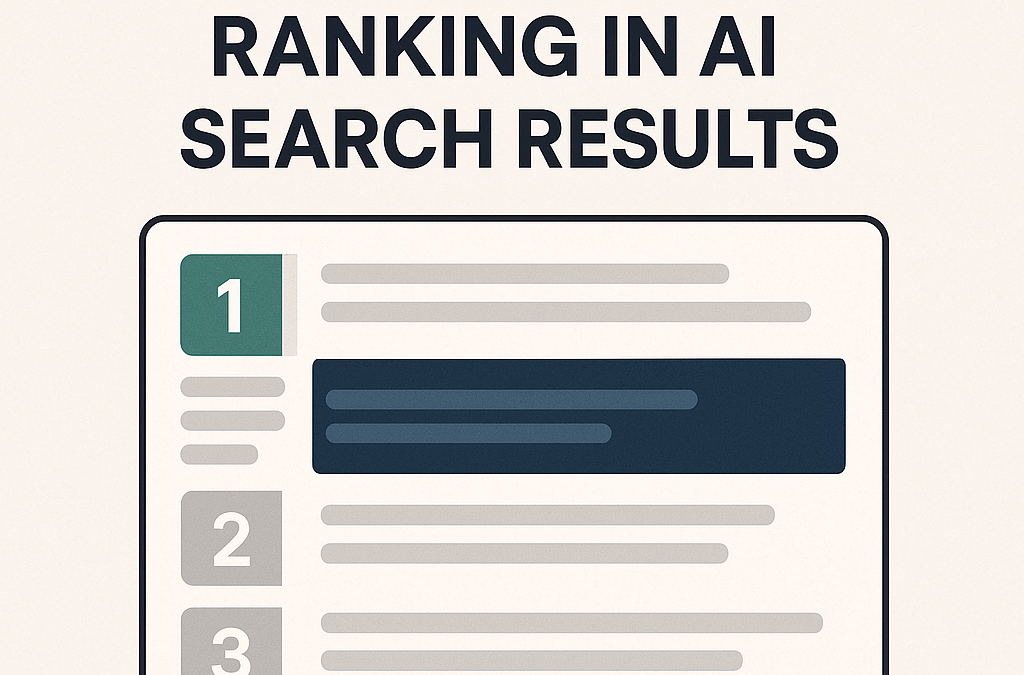Keyword research stands as a fundamental cornerstone of search engine optimization (SEO), encompassing the systematic identification, evaluation, and implementation of search phrases that web users employ to find relevant information, products, or services online. This pivotal aspect of SEO demands an in-depth understanding of the language and search patterns your target audience uses in their online interactions.
By investing effort into meticulous keyword research, you can enhance your website’s content to rank more favorably on search engine results pages (SERPs). This, in turn, boosts your site’s visibility, attracting an increased volume of organic traffic.
Unraveling the Keyword Types
There’s an assortment of keyword categories to take into account when delving into keyword research, each with unique characteristics and contributions to your SEO strategy:
- Short-tail Keywords: Short-tail keywords consist typically of one or two words, providing a broad overview of a topic. While they come with the advantage of commanding high search volumes due to their generic nature, they’re simultaneously burdened by heightened competition, making it challenging to secure high rankings on SERPs.
- Long-tail Keywords: On the other side of the spectrum, long-tail keywords are lengthier, more descriptive phrases pinpointing precise search intents. Although these terms might not attract colossal search volumes, they compensate by being easier to rank due to lessened competition. Plus, they tend to attract more qualified, conversion-ready traffic, given their specific nature.
- Branded Keywords: These keywords encompass your company name or specific product line, instrumental in cultivating brand recognition and channeling direct traffic to your site.
- LSI Keywords: Latent Semantic Indexing (LSI) keywords are those semantically associated with your principal keywords. Incorporating LSI keywords in your content assists search engines in comprehending the context and relevance of your material, enhancing your chances of ranking favorably.
Essential Tools for In-depth Keyword Research
For effective, insightful keyword research, you’ll require the aid of dedicated keyword research tools. These digital companions can assist you in unearthing pertinent keywords, gauging their search volumes, and evaluating their competitive landscape. Some highly recommended keyword research tools include:
- Google Keyword Planner: This is a complimentary offering from Google, providing you with insights into keyword research, including search volumes and competitiveness.
- SEMrush: This premium tool delivers an all-encompassing keyword research experience, extending details on search volume, competition, and allied keywords.
- Ahrefs: Another premium tool, Ahrefs, provides an elaborate keyword research experience, covering aspects like keyword difficulty, search volume, and evolving keyword trends.
Keyword Evaluation and Selection
Once you’ve unearthed a multitude of potential keywords, the subsequent step involves an intricate process of analyzing and cherry-picking the most germane and valuable ones for your content. Several factors warrant consideration when assessing and selecting keywords:
- Search Volume: Keywords with substantial search volumes hold the promise of attracting more traffic to your website.
- Competition: The competitive intensity of a keyword is inversely proportional to its rankability – the higher the competition, the more challenging it is to rank.
- Relevance: It’s crucial that your chosen keywords resonate with your content and target demographic.
- User Intent: Select keywords that mirror the needs and objectives of your target audience.
The Art of Incorporating Keywords into Content
With your target keywords at your disposal, you’ll need to integrate them into your content astutely and naturally. Here are some tips to ensure a seamless inclusion of keywords in your content:
- Feature your primary keyword in the title of your content and meta description.
- Use your keywords prudently in the headings and subheadings of your content.
- Integrate your keywords within the body of your content, but steer clear of ‘keyword stuffing,’ which can negatively impact your SEO efforts.
- Utilize LSI keywords to bolster context and relevance in your content.
Keywords: An Important Element of SEO
Keyword research is an important element of SEO that can assist you in optimizing your website’s content for search engines, enhancing your visibility, and channeling more traffic to your site.
By grasping the nuances of different keyword types, wielding keyword research tools to their full potential, meticulously analyzing and choosing keywords, and strategically employing them within your content, you can significantly uplift your search engine rankings, thereby maximizing your digital footprint.









